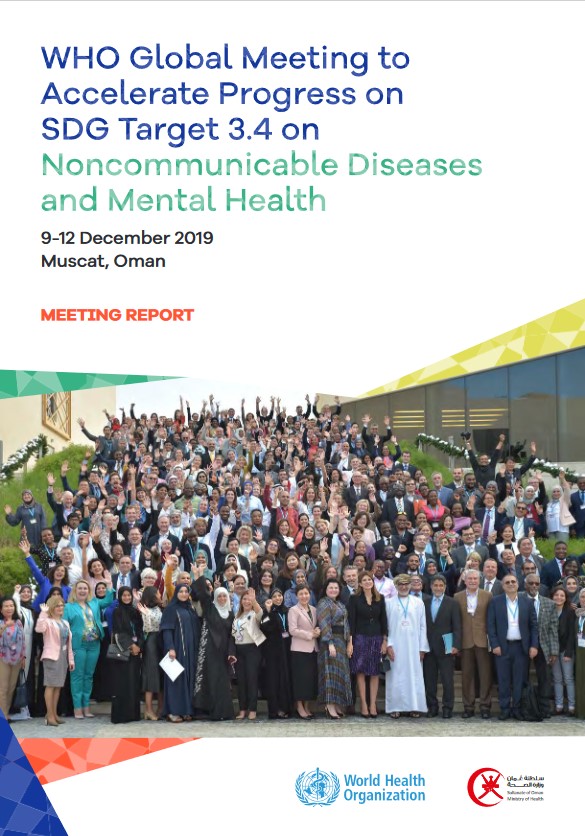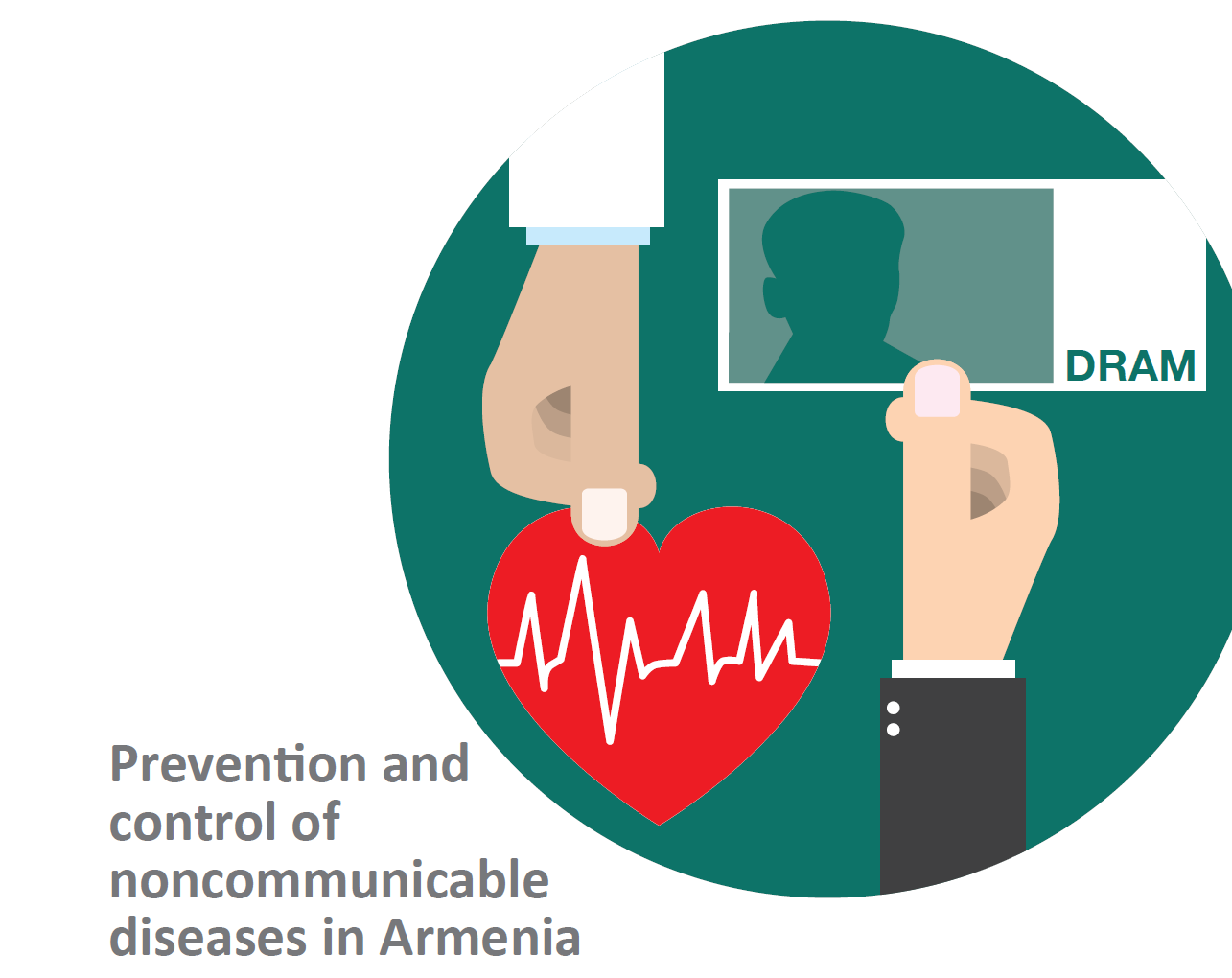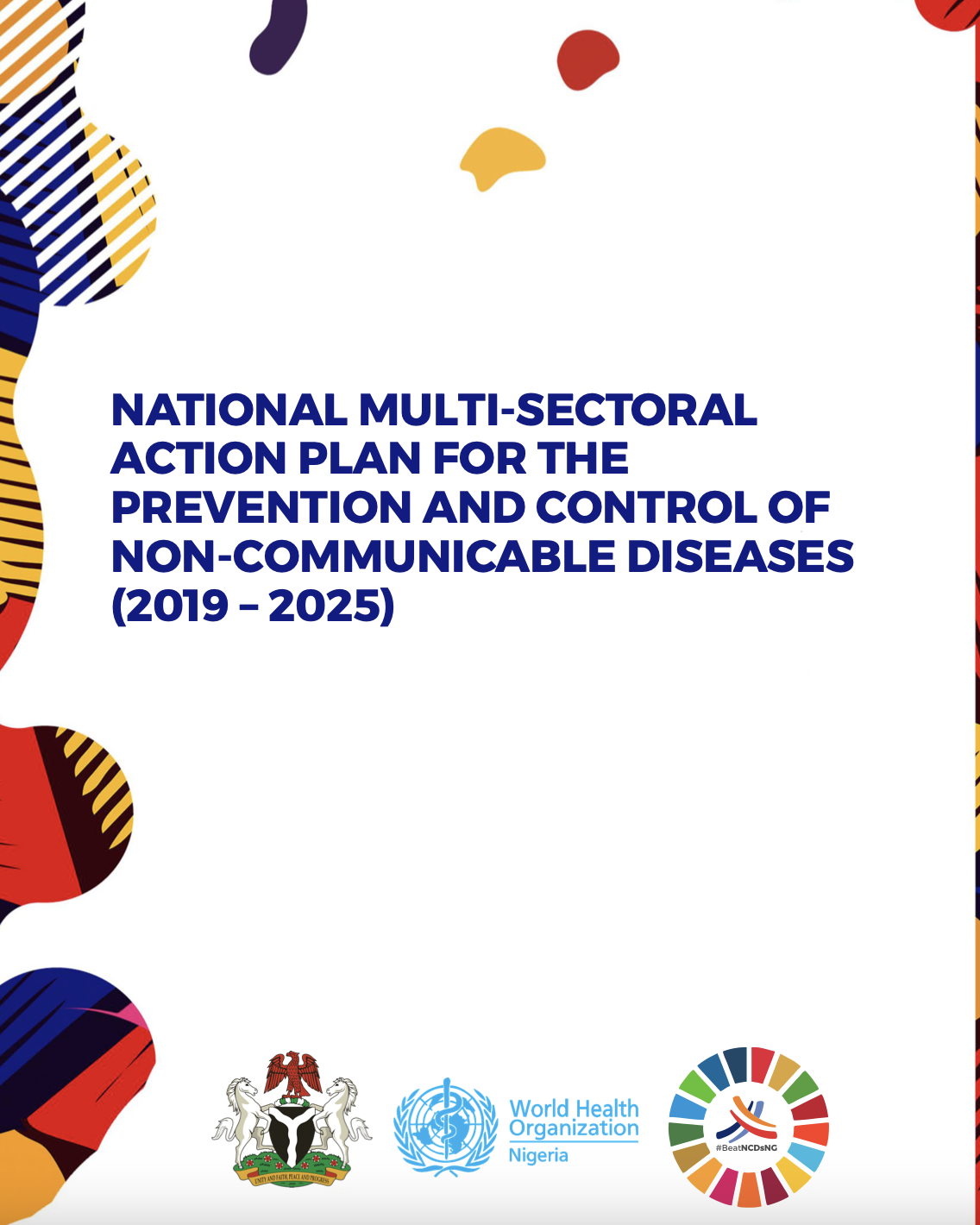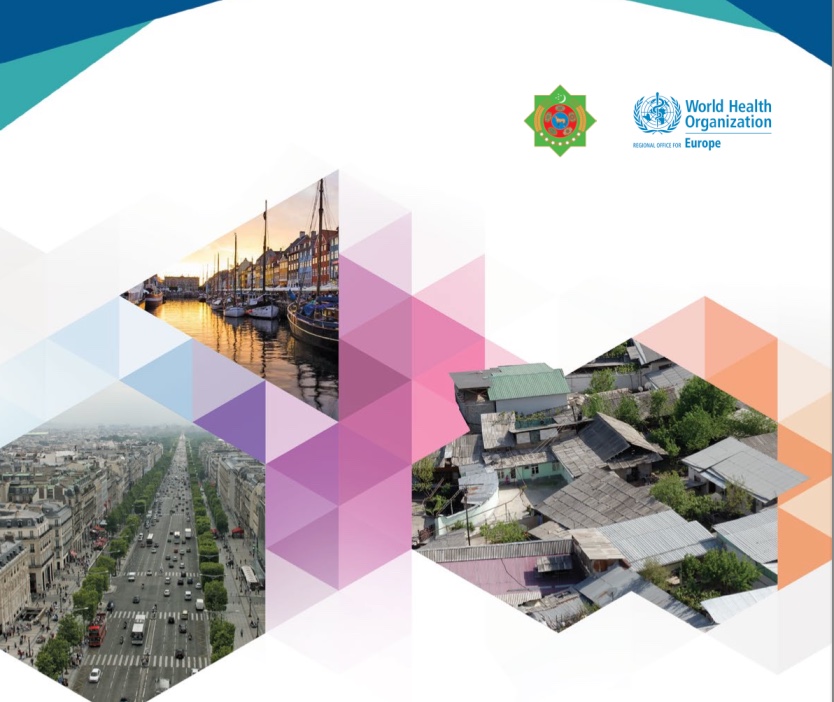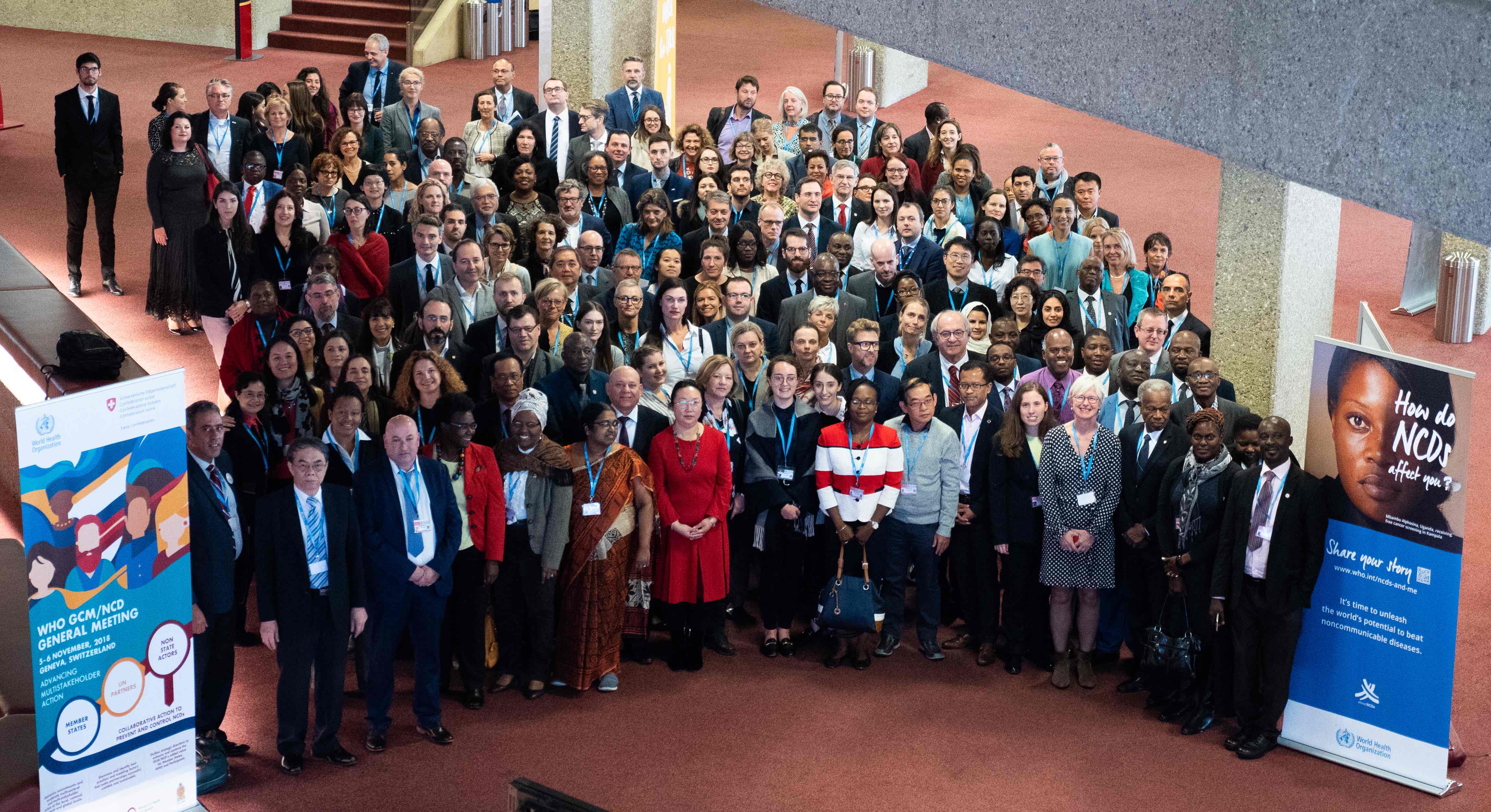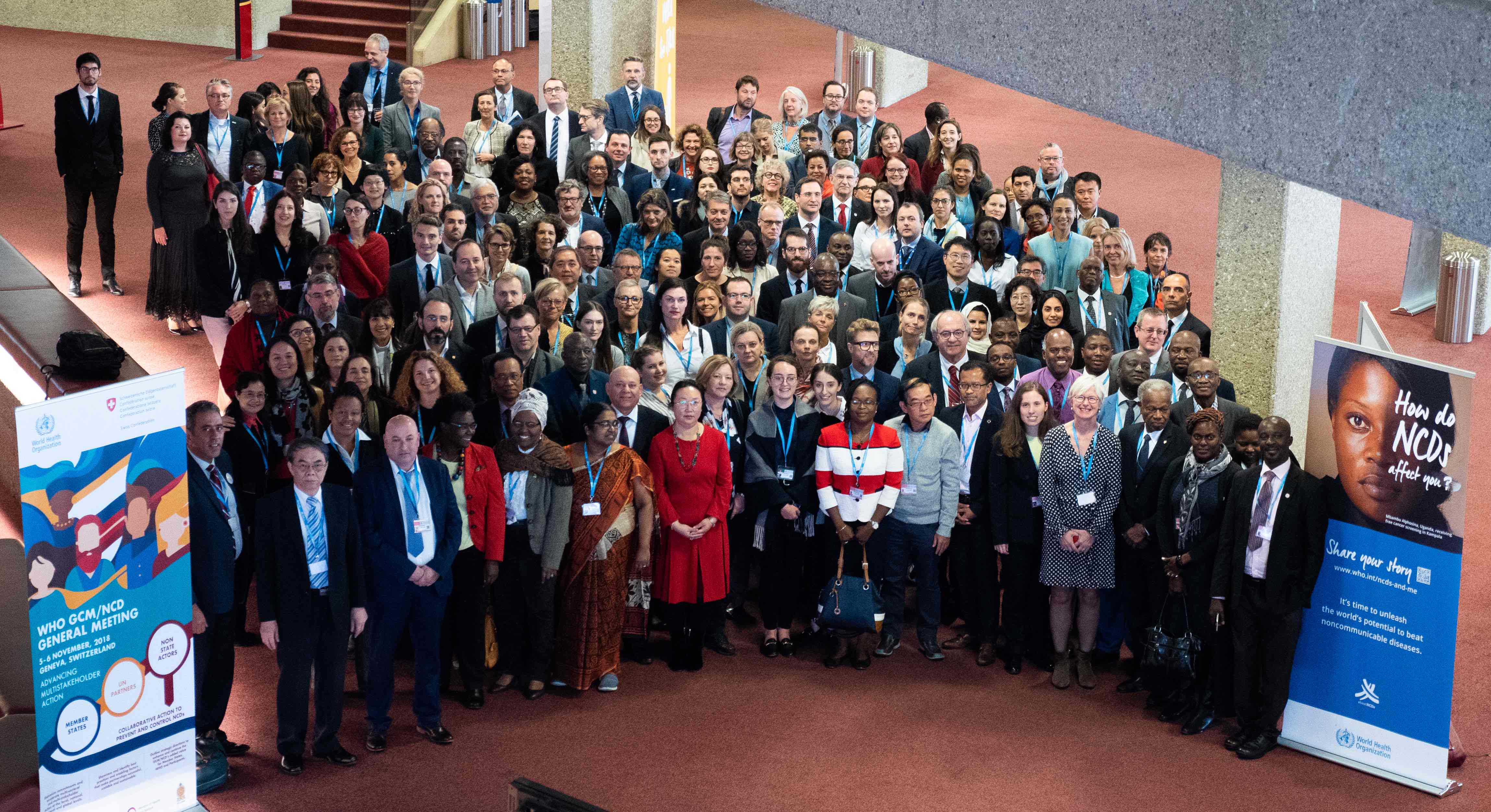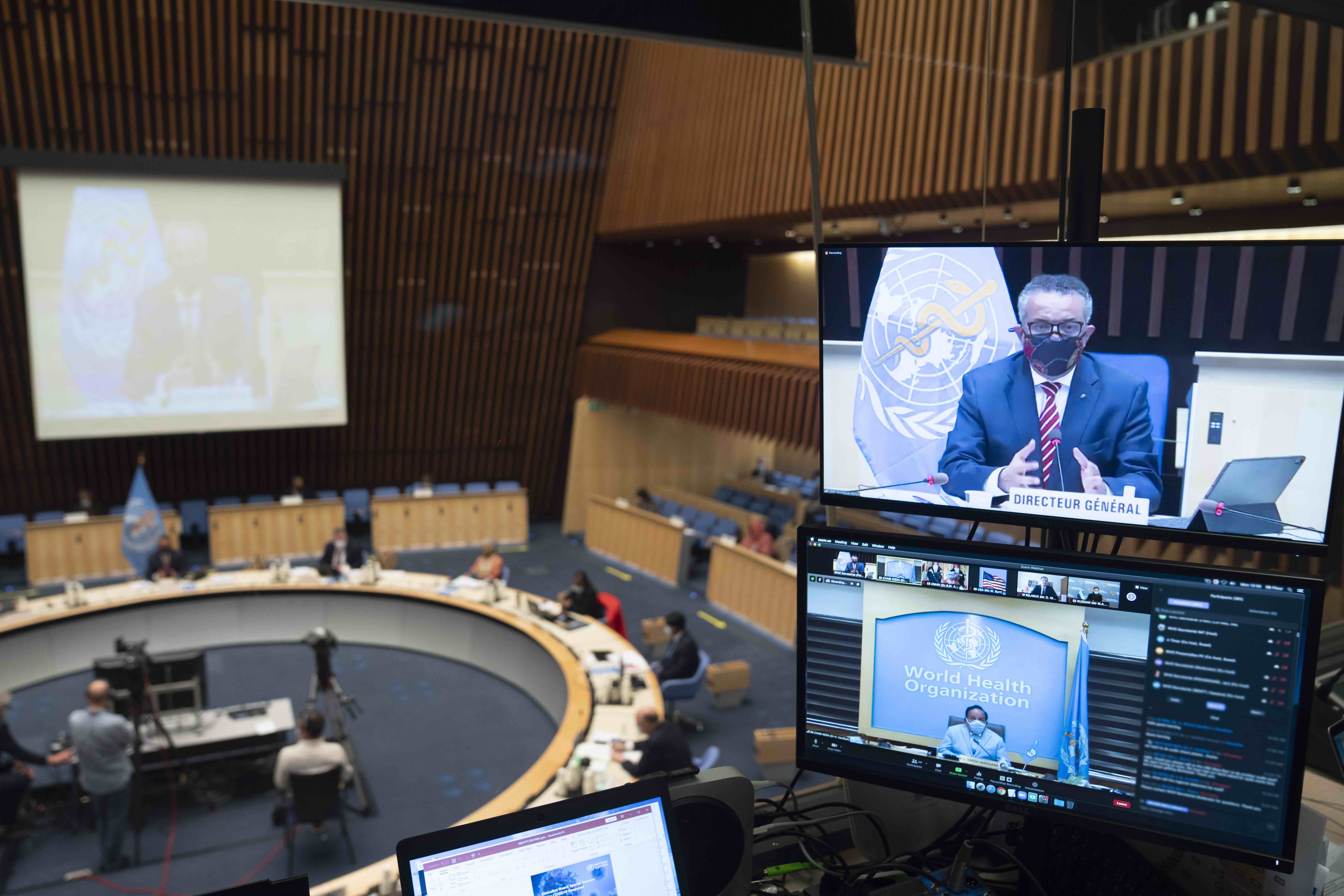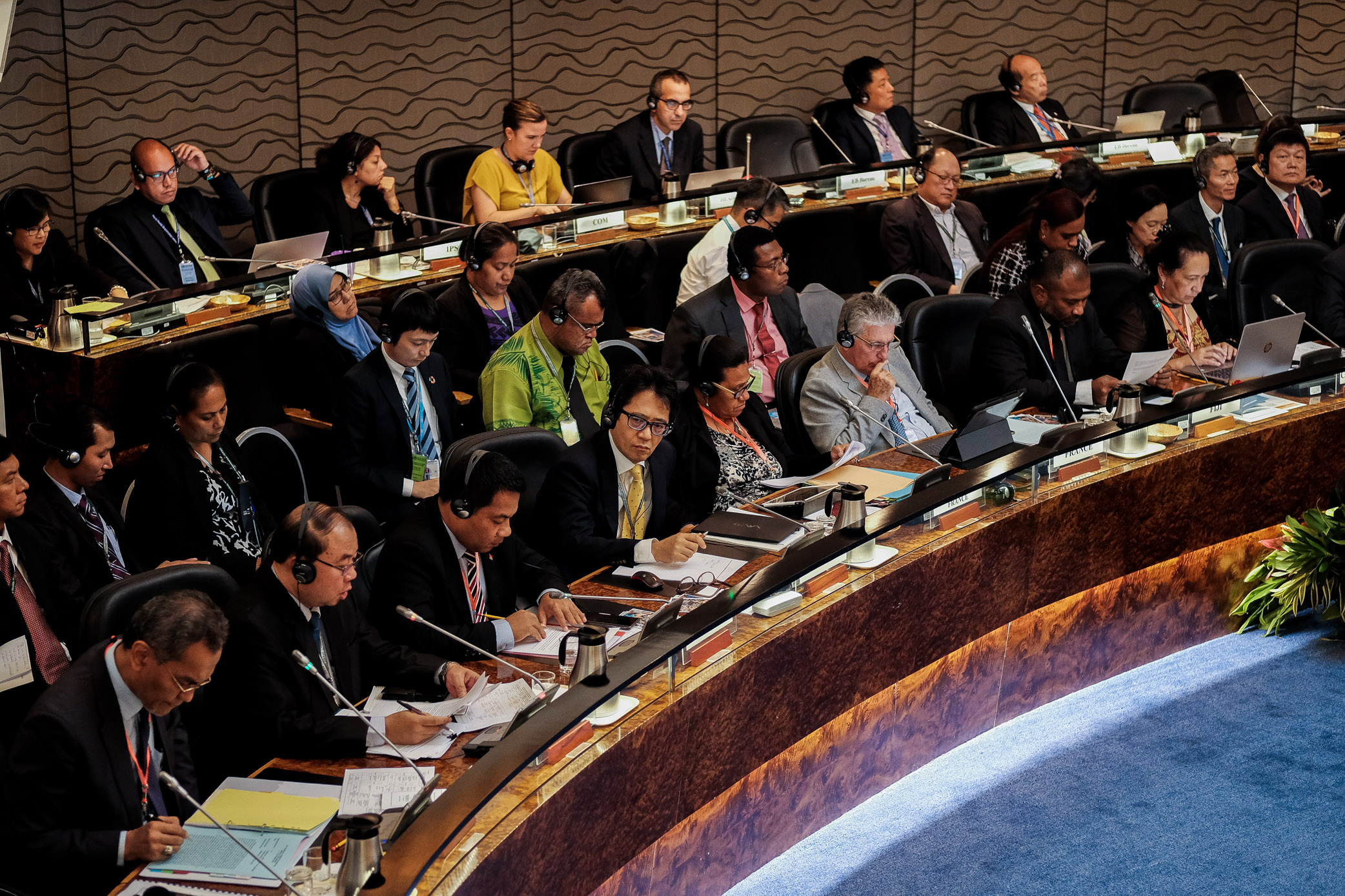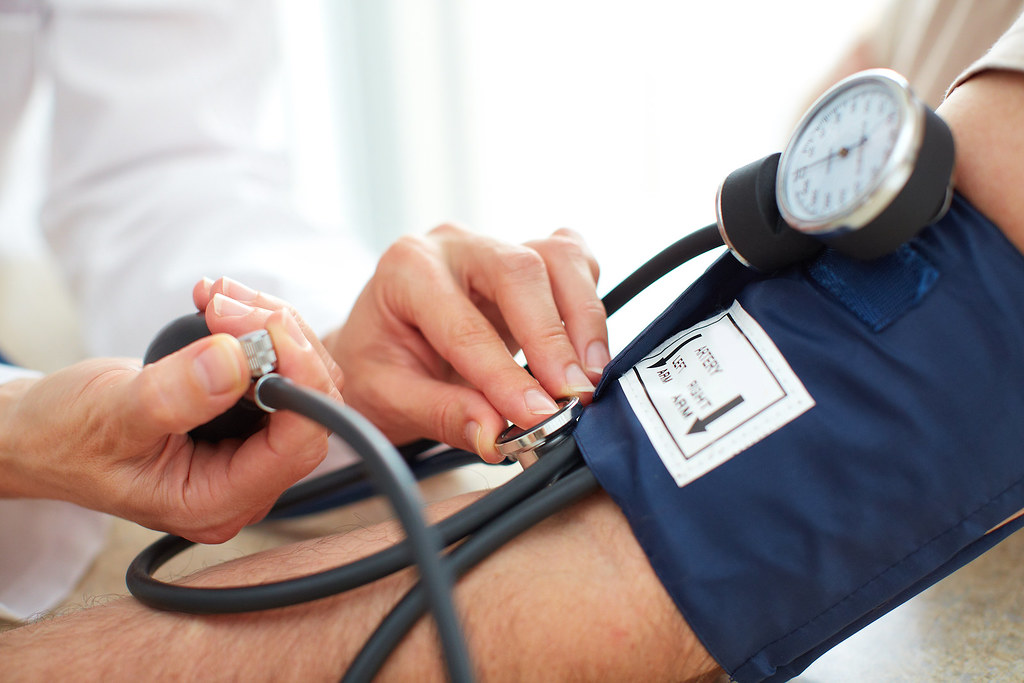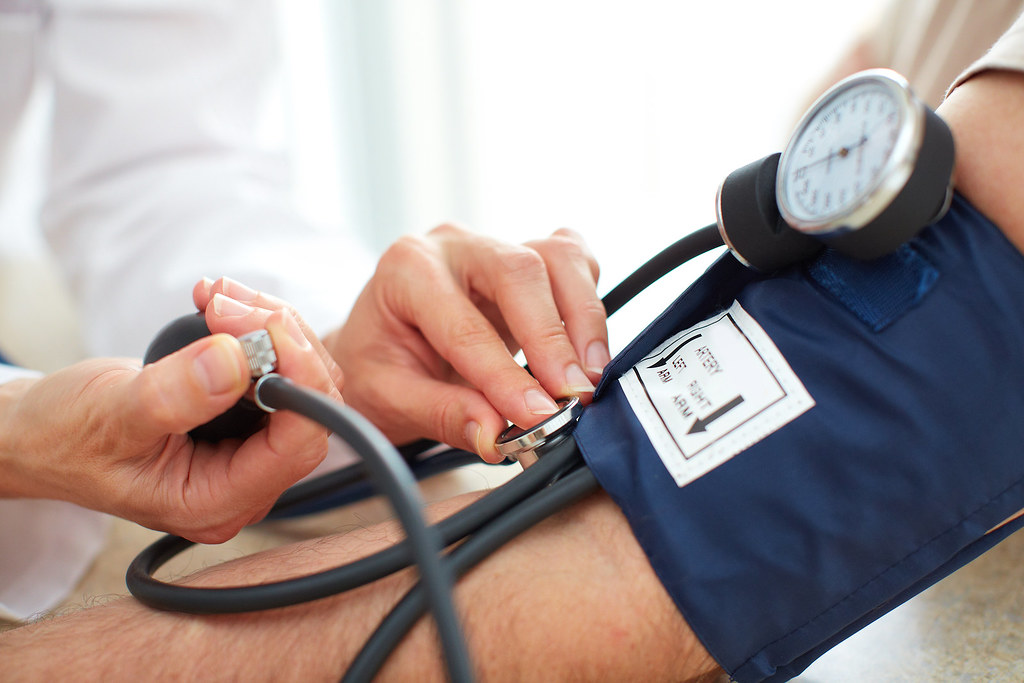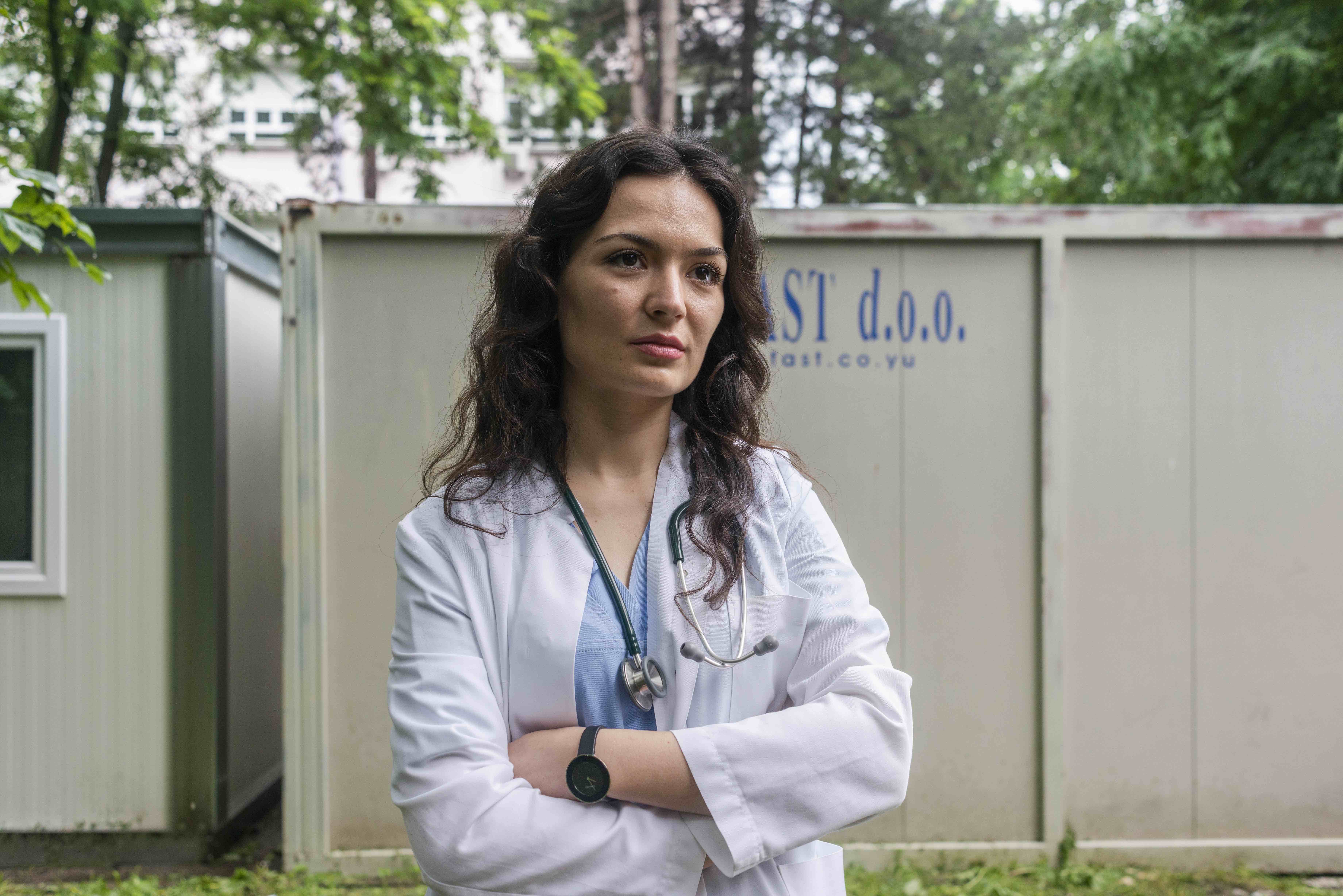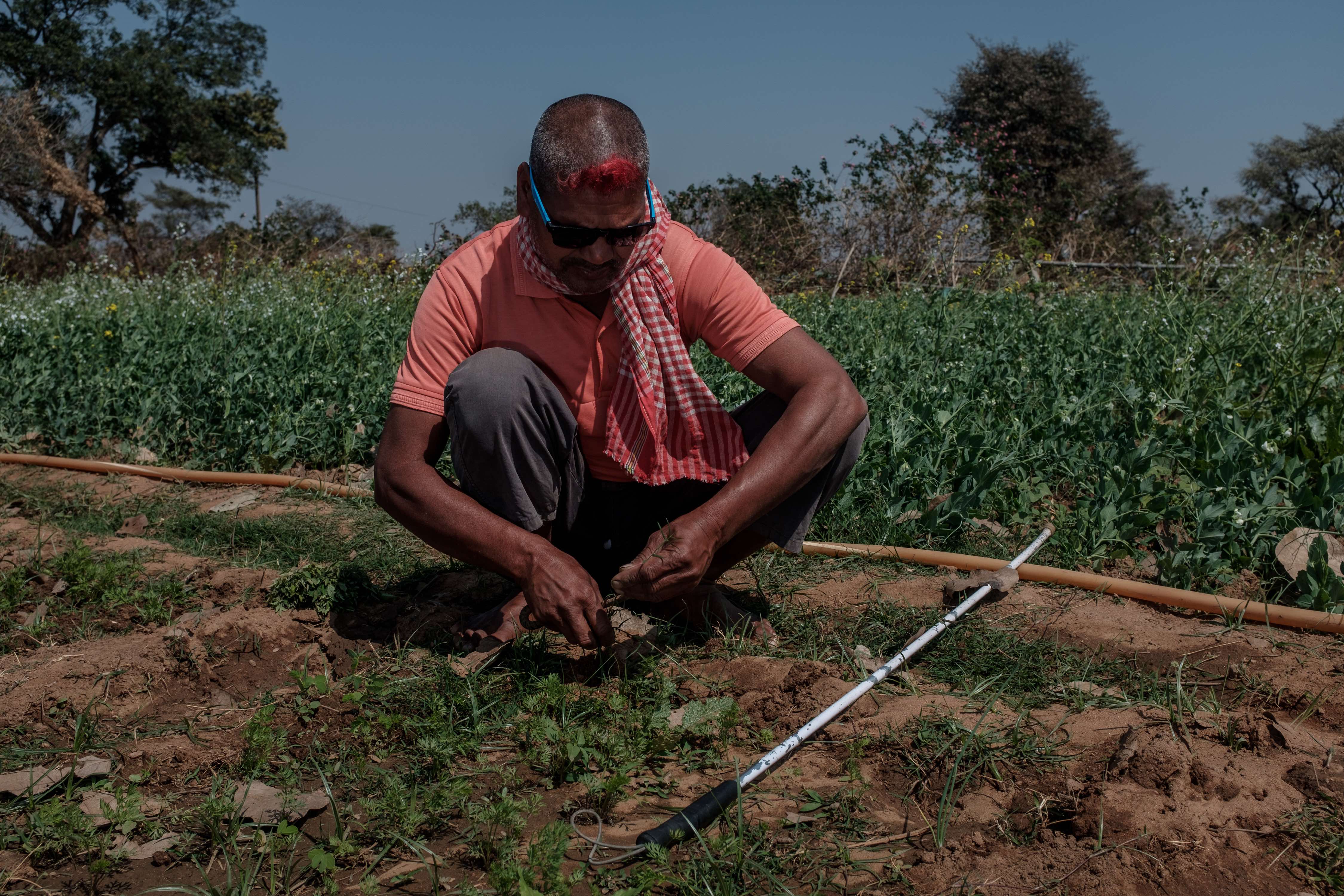World Health Organization
WHO global meeting to accelerate progress on SDG target 3.4 on noncommunicable diseases and mental health, 9–12 December 2019, Muscat, Oman: meeting report
Report
16 Dec 2019
In an effort to spur the implementation of national responses against NCDs, WHO and the Government of the Sultanate of Oman co-organized the Global Meeting to Accelerate Progress on SDG Target 3.4 on Noncommunicable Diseases and Mental Health. Oman w...

